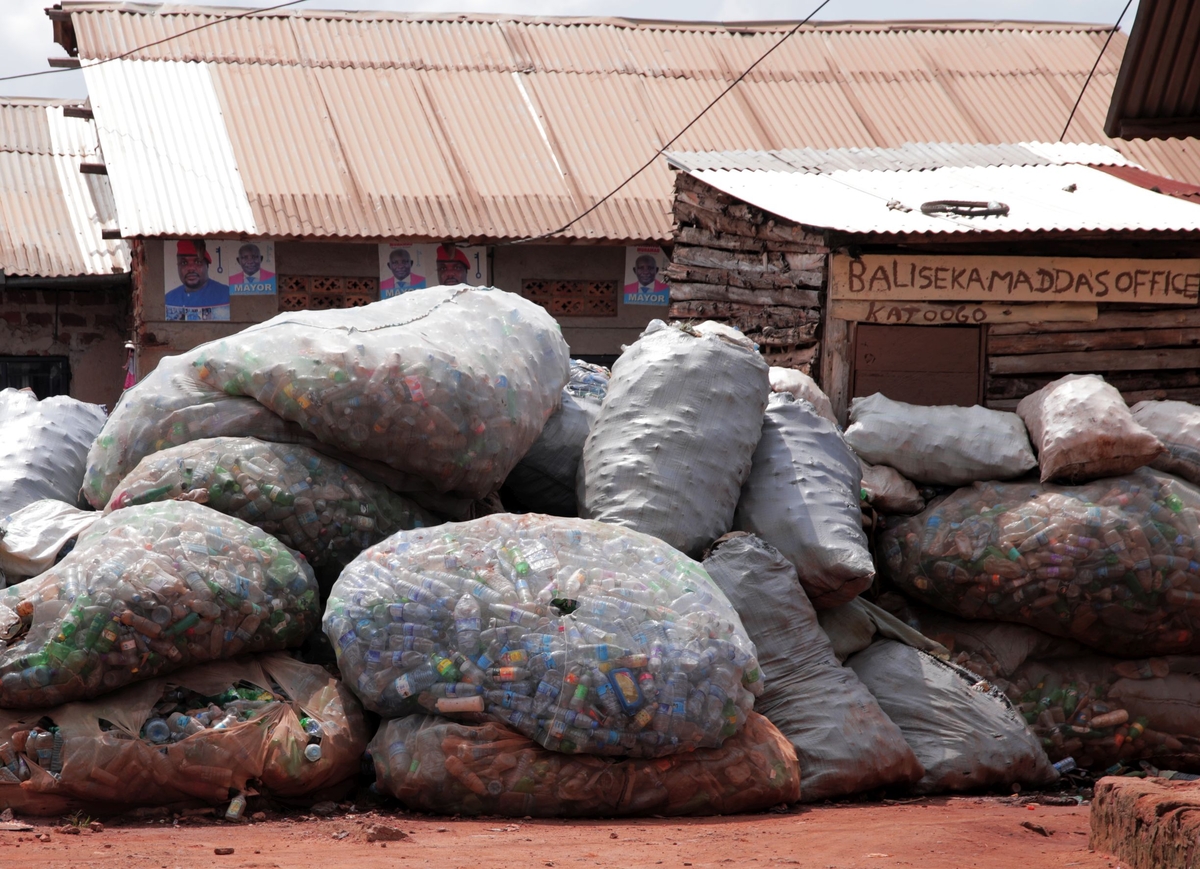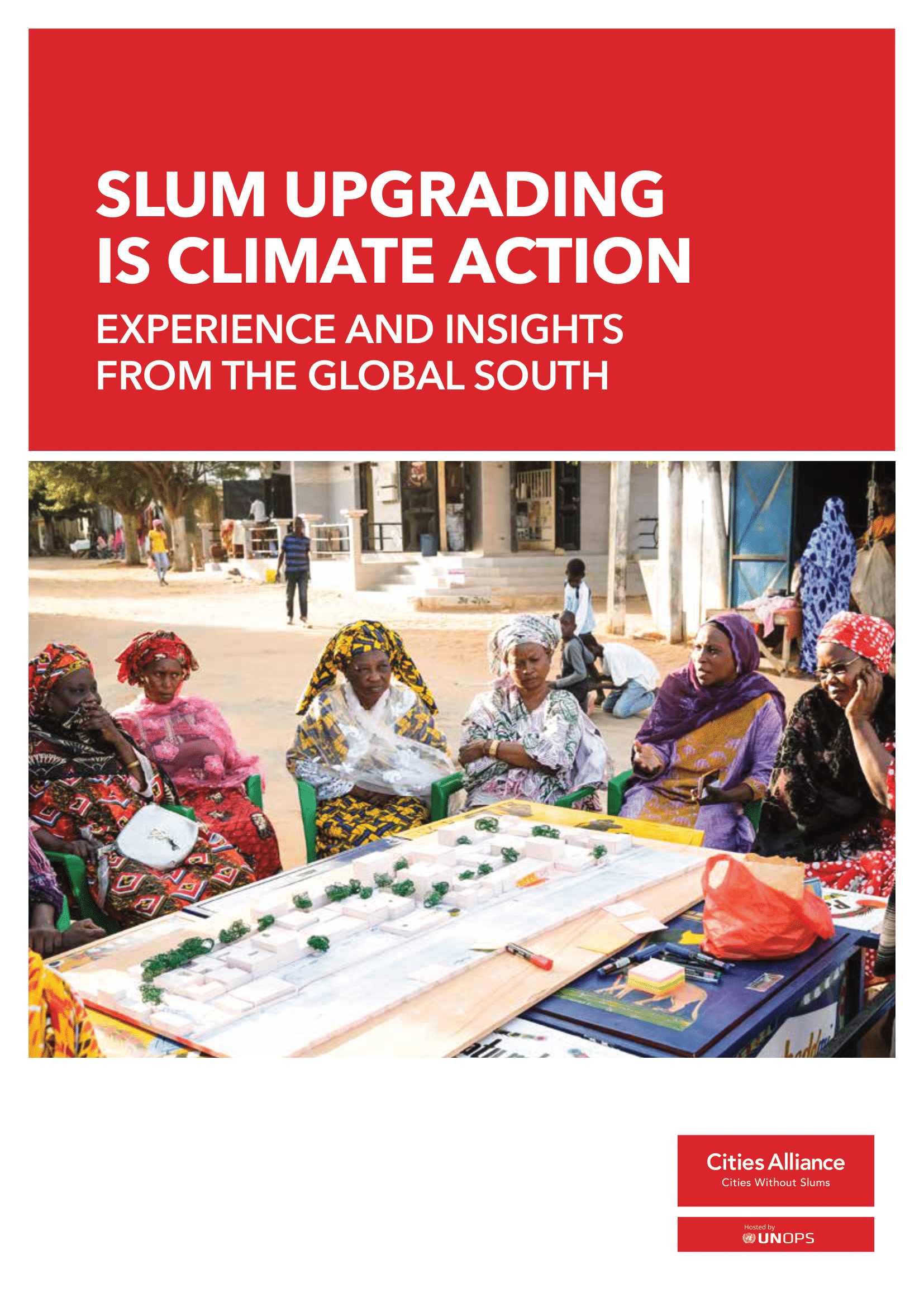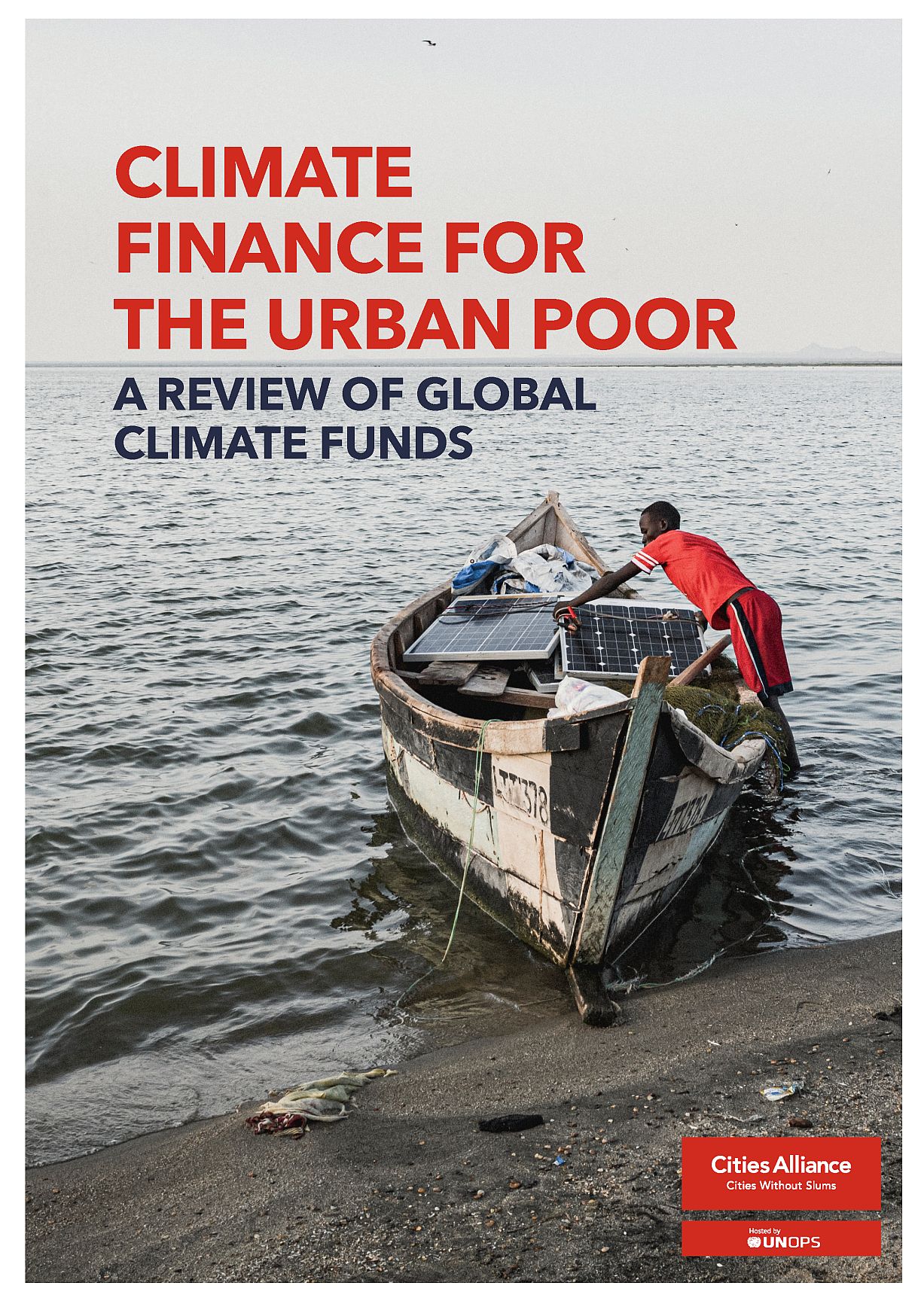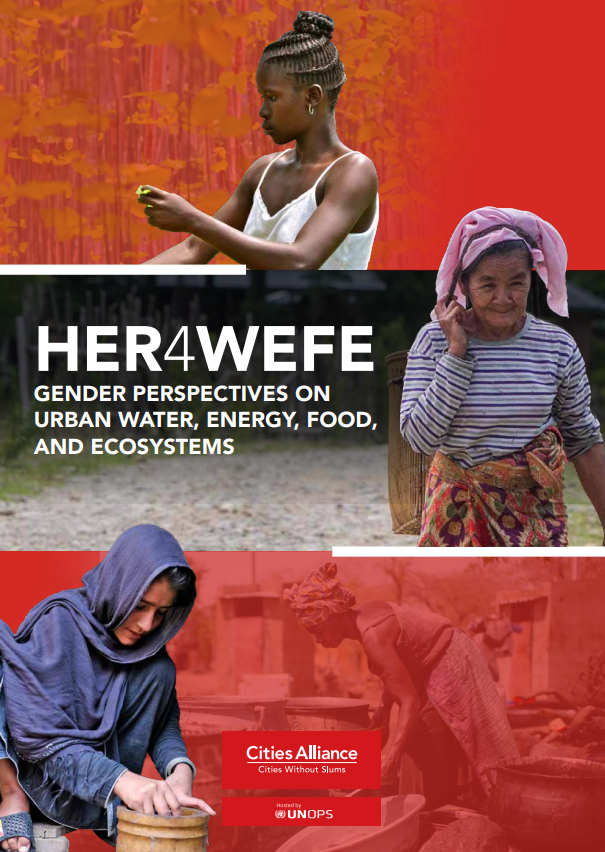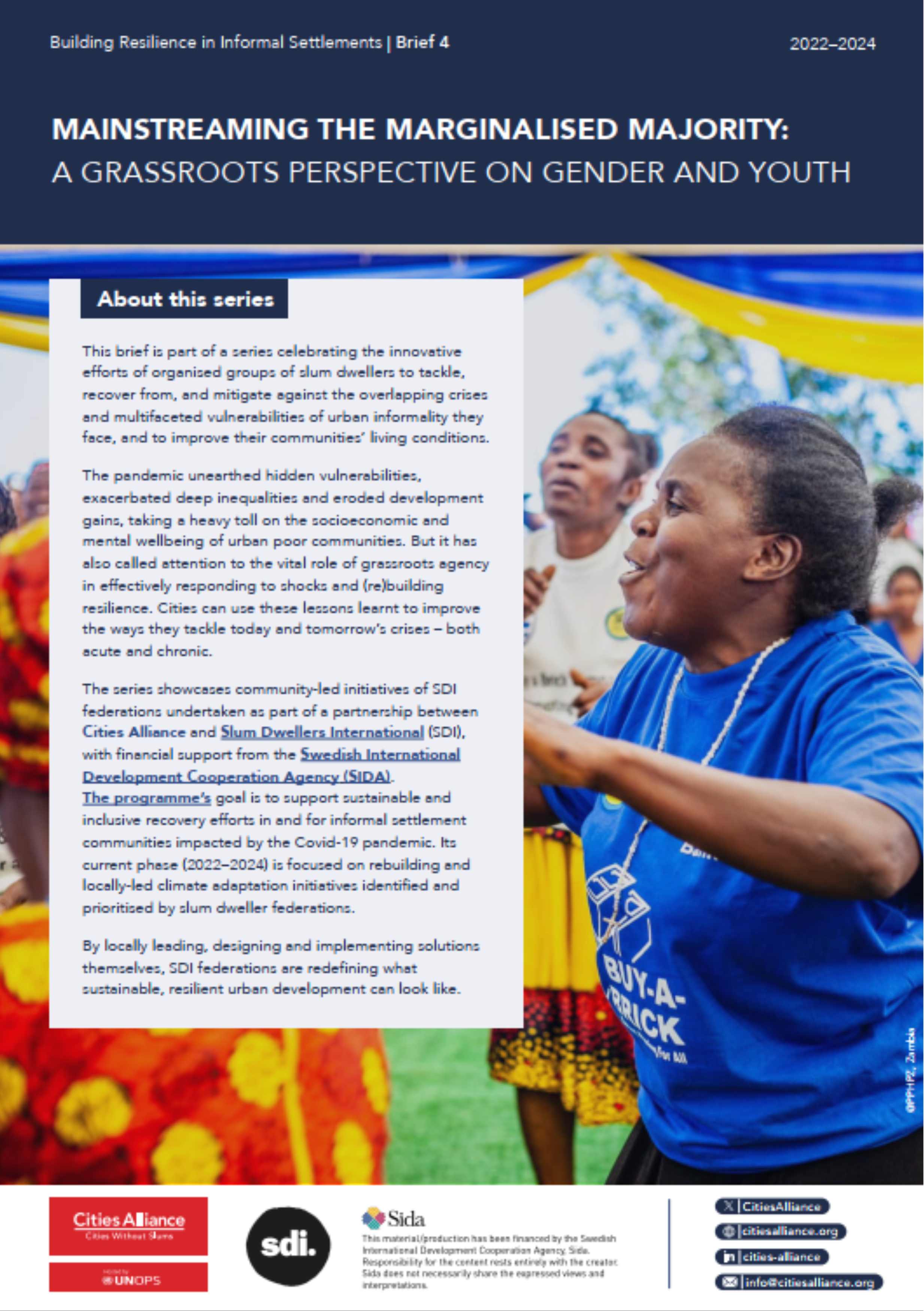Key Focus Areas
In line with the overall objective to support communities in partnership with local government to build resilient cities that reduce both risk and vulnerability by strengthening urban ecosystems, promoting investment in local resilience efforts, and advocating for people-centred resilience, the Global Programme is operating through advocacy, diagnostics and implementation. This includes piloting, examining various aspects of climate action and covering multiple countries, including a global perspective to promote resilience and the importance of public-community partnerships.
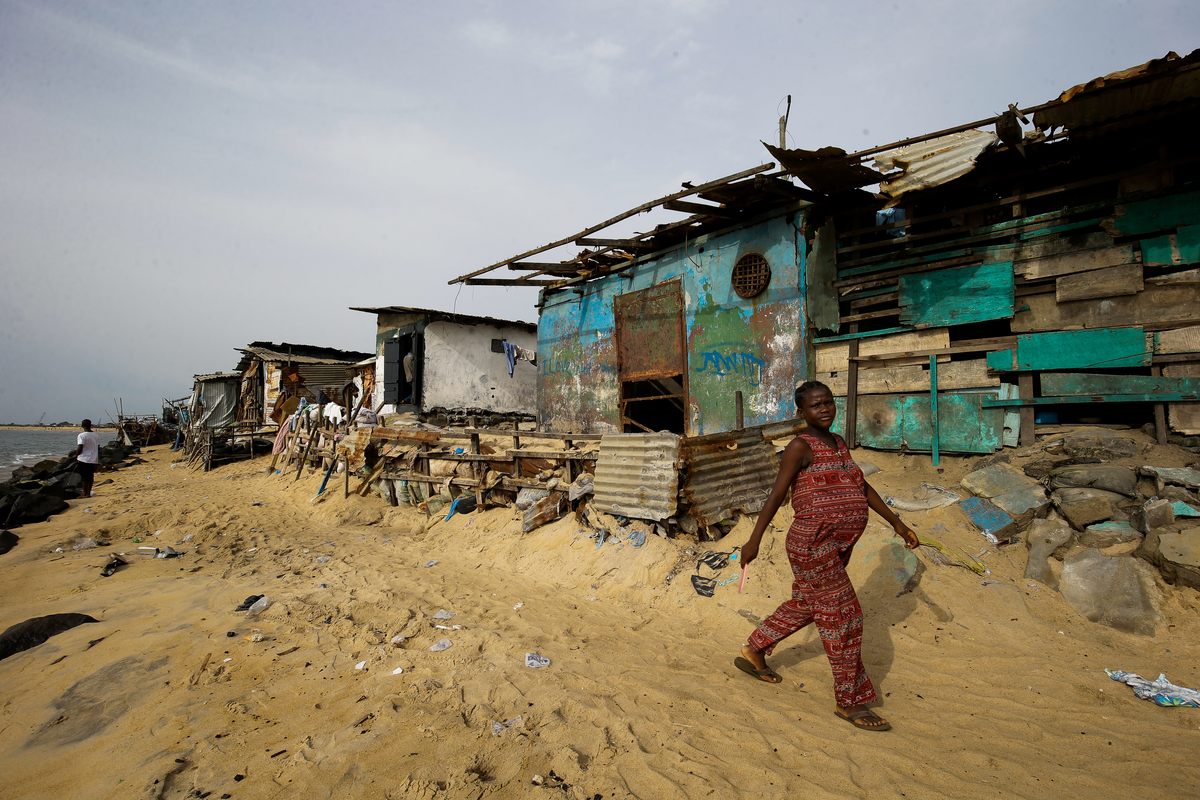
An inclusive approach on people-centred resilience requires the combination of all the strengths, attributes and resources available within a society to manage and reduce risks and strengthen its capacities.
Cities Alliance: JWP Resilient Cities
Enhanced awareness and advocacy for community driven resilience approaches: In line with the Decade of Action, Cities Alliance members and strategic partners are working on positioning Urban Poverty within the broader climate narrative.
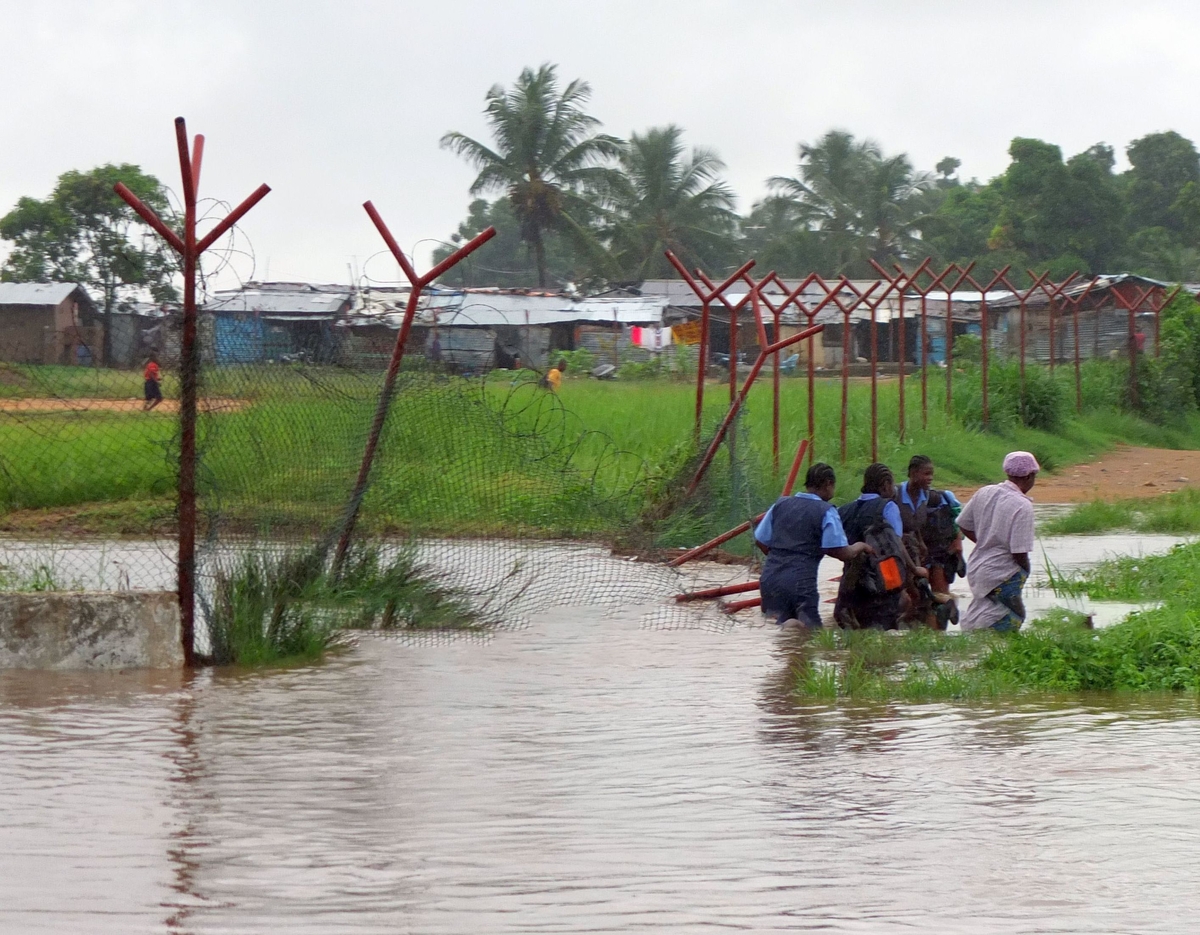
Stronger Partnerships: Local Innovations for New Climate Realities in Cities: Through our call for innovation, we provided small grants to selected grantees through a competitive call for proposal in cities of the Greater Horn of Africa and the Bay of Bengal.
The Cities Alliance Community Upgrading Fund (CUF) expanded its activities to finance climate adaptation projects in two Monrovia communities, West Point and King Gray Town. The intervention aimed to help informal coastal communities build their resilience and better adapt to climate shocks.
Financing for much-needed climate adaptation projects
The urban poor, who often live in informal housing in precarious locations with little or no access to basic services, are most at risk from the impacts of climate change. Heavy rains can turn into disastrous floods or a devastating mudslide, especially in a crowded slum settlement with poor drainage.
With its focus on climate resilience, the CUF intervention supported two of Monrovia’s most at-risk coastal settlements identify vulnerabilities and craft community-driven responses that improved their adaptive capacity. Proposals had to address the potential impacts of climate change on women, young people, and vulnerable and underrepresented groups in urban poor communities. Altogether Cities Alliance received applications for support from about thirty local organisations.
One example outcome of the project was the provision of freezers and ice makers powered by solar panels. The solar panels installed on roofs generate enough power to run the fridges overnight through batteries and therefore allow fishermen and fishmongers to store the fish safely.
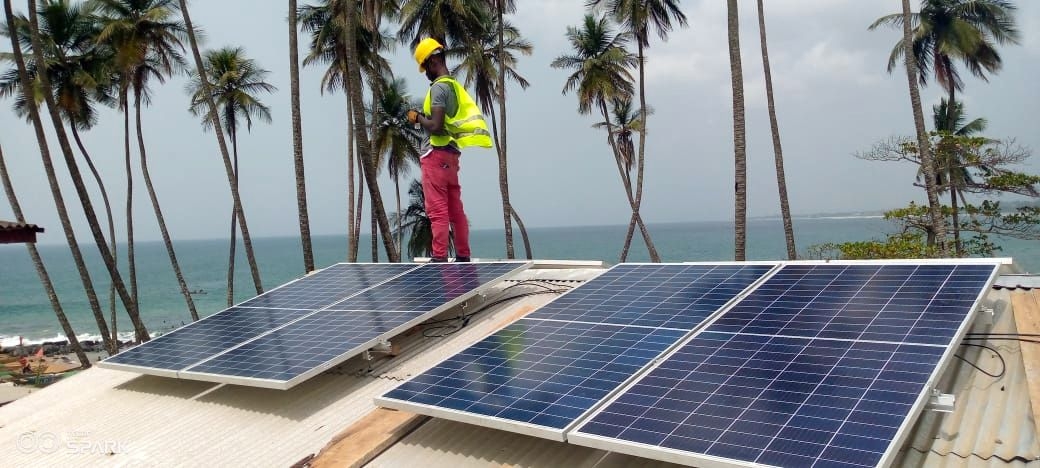
Cities need resilient environmental, social, and economic systems and infrastructure, that can withstand shocks and stresses, especially when seen through the eyes of the urban poor. Any infrastructure investment must be therefore designed and planned in a manner that is sustainable, climate resilient and capable of promoting a low carbon growth trajectory. With upcoming large infrastructure investments, the need arises to deepen the discussion around existing practices, challenges and reform needs for social and environmental safeguards, accompanying these investments.
Therefore, Cities Alliance conducted a deep dive study, to identify gaps and shortcomings in environmental and social safeguarding for infrastructure projects in the context of informality. The study was officially launched during the event "No One Worse Off? Safeguards in Infrastructure".
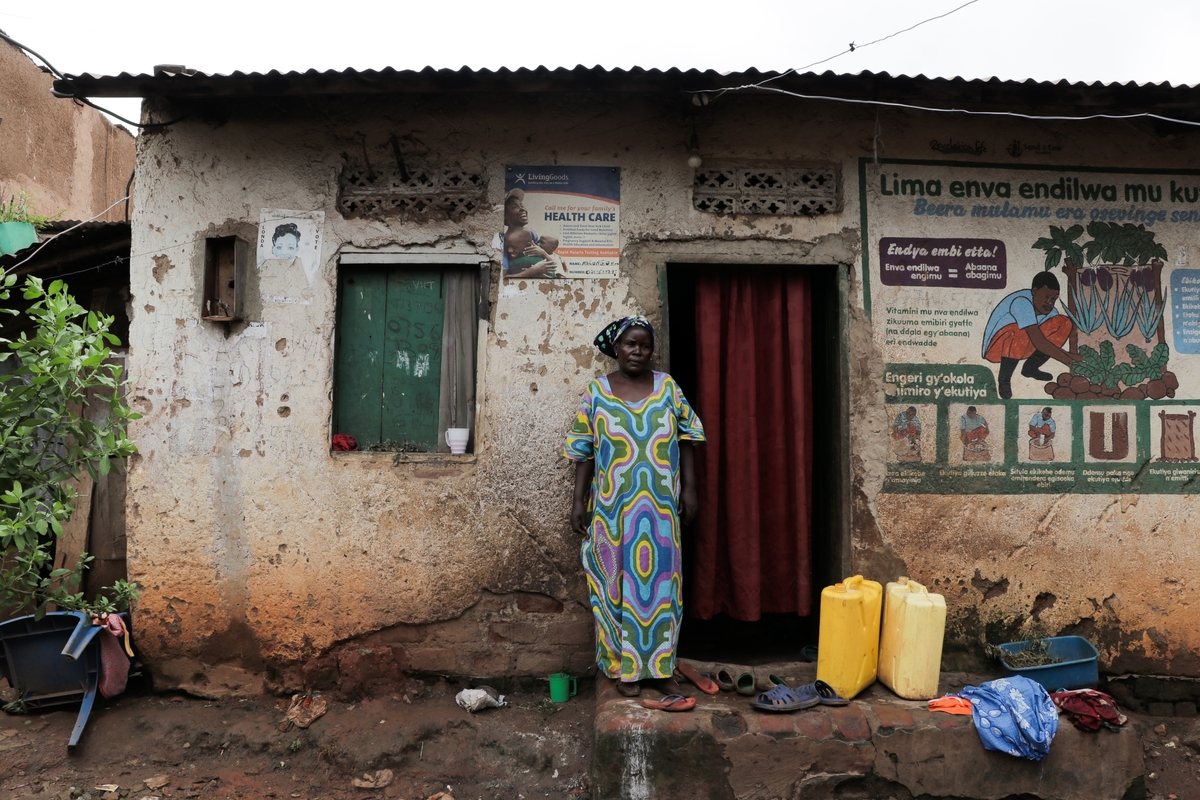
Circular economy is an approach that decouples economic growth from resource production, consumption and associated environmental impacts while enhancing social value. It rethinks the traditional linear economy (take-make-dispose) by adopting design approaches, business models and policies that regenerate natural systems and keep resources in continuous use at their highest possible value in distinct biological and technical cycles.
While cities are the main drivers of carbon emissions, they are also hubs of innovation and economic growth. They are uniquely positioned to support approaches to a circular economy that beyond the environmental impact, can promote the reduction of inequalities and a just transition, in particular for the benefit of the most vulnerable city residents.
For this reason, the Cities Alliance launched a publication called "Rapid Urbanisation and the Circular Economy at the Intersection of Climate Change and Poverty". The publication examines how circular economy and climate mitigation actions can improve socioeconomic conditions in developing cities, and the role of an integrated, inclusive city planning approach. Furthermore, a panel discussion was conducted to discuss existing policies and practices, and explore further how current approaches to circularity, and the informal economy, can be strengthened to tackle the compounded challenges of urbanisation, poverty, and the climate crisis.
